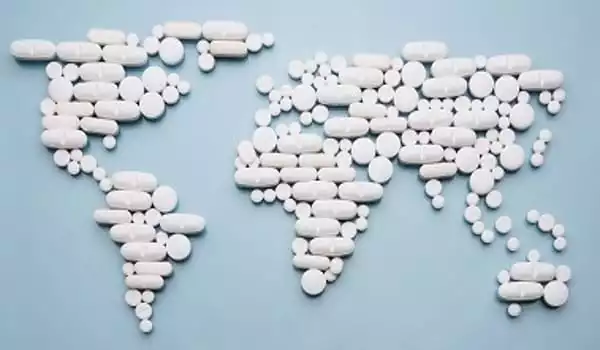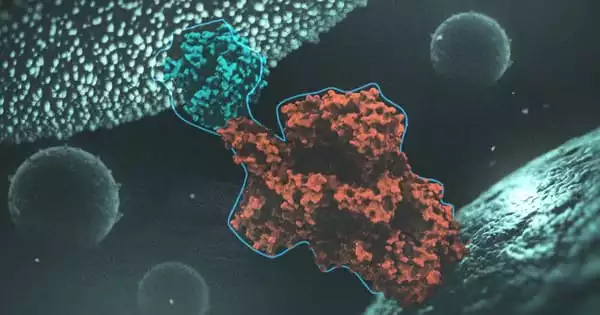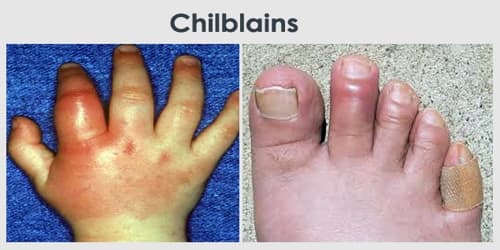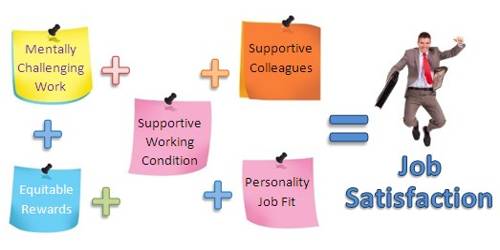Cancer is the world’s second leading cause of death, accounting for more than half of all deaths in low- and middle-income countries (LMICs). Cancer treatment is costly, and the high costs of cancer medicines have a significant impact on access in LMICs. One of the major impediments to the development of effective and transparent pricing policies in LMICs is a lack of pricing or affordability data.
According to new research from King’s College London Global Oncology Group Professor Richard Sullivan and collaborators at Kingston University and the World Health Organization, patients in the majority of countries around the world do not have access to basic cancer medicines. Their paper, published in The Lancet Oncology, asked oncologists all over the world to name the most important cancer drugs and describe whether patients could get them in their home country.
Since 1977, the World Health Organization (WHO) has updated and published an Essential Medicines List (EML). This list assists policymakers around the world in determining which medicines to provide to patients. Professor Sullivan and his international team polled 948 frontline cancer doctors from 82 countries to find out which cancer medications they thought were most important for patient care.
Most cancer patients around the world do not have access to basic cancer medications. According to our findings, many government health-care systems do not prioritize the most important cancer medications. As a result, even the most basic cancer treatment regimens are only available in limited quantities.
Richard Sullivan
The research team discovered that the most important medicines identified by oncologists are primarily older, low-cost chemotherapy and hormone therapies. Except for one, all of the top 20 high-priority cancer medicines are already on the EML. Oncologists regard these medications as the most important because they provide significant benefits to patients suffering from a variety of common cancers.
Although the lists for low-income and lower-middle-income countries do not include any immunotherapy agents and the only hormone therapy listed is tamoxifen, the lists for upper-middle-income countries and high-income countries do include and newer hormonal treatments.
The paper also claims that in most healthcare systems, patients cannot afford even the most basic cancer medications. Most patients in low- and middle-income countries face significant financial barriers to accessing anticancer medications, including older, generic, and less expensive chemotherapy drugs. Many high-income countries also have financial barriers.

King’s College London’s Professor Richard Sullivan stated: “According to our findings, many government healthcare systems do not prioritize the most important cancer medications. As a result, even the most basic cancer treatment regimens are only available in limited quantities. The primary reason that patients do not have access to medicines is that they are too expensive. This is unfortunate because the majority of these medications are older generics that provide significant benefits to patients. These issues are most acute in low-middle and upper-middle-income countries, where cancer rates are rapidly rising” the scientists discovered.
“There is an urgent need for global and country-level policy action to ensure that patients with cancer around the world have access to affordable, high-priority, effective medicines,” he added.
The second major finding was that patients in most healthcare systems are unable to afford even the most basic cancer medications. Most patients in low- and middle-income countries face significant financial barriers to accessing anticancer medications, including older, generic, and less expensive chemotherapy drugs. Many high-income countries have also identified financial barriers.
“Our research team hopes that these data will highlight the massive problem faced by most patients worldwide who are unable to access essential cancer medicines due to cost,” Dr. Booth says. “The oncology community must speak up in unison and collaborate with health-care leaders to change the way cancer drugs are purchased and distributed.” We can learn from our colleagues in the HIV community who faced similar issues decades ago and were able to make HIV medicines more affordable for patients worldwide through advocacy and the use of a variety of policy tools.”
Dr. Booth hopes that this research will bring attention to the issue of access. The following step will be to better understand the specific barriers to affordable cancer care in each health system. While there are a variety of drug policy tools that can be used to make medicines more affordable, this will require advocacy from oncologists, patients, and the general public.
“The most surprising and sobering finding was that even very old, generic, low-cost chemotherapy drugs remain out of reach for the vast majority of patients worldwide due to cost.” “This is tragic because many of these medicines have a significant impact on patient survival,” says Dr. Booth. “The oncology community and the general public should not accept a system in which your chances of surviving cancer are heavily influenced by the country in which you were born.” We’re capable of doing better than this.”
















